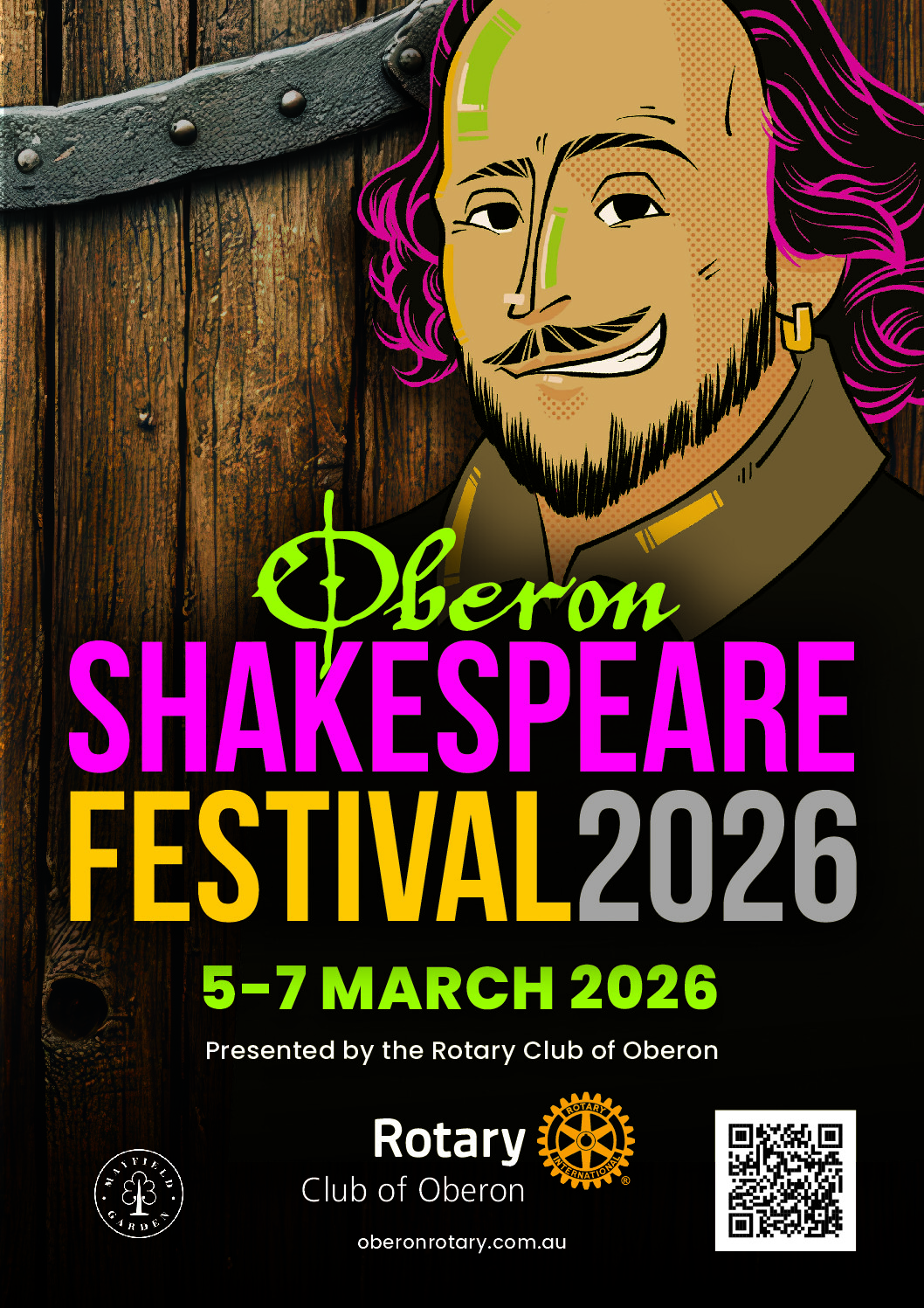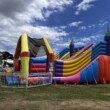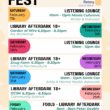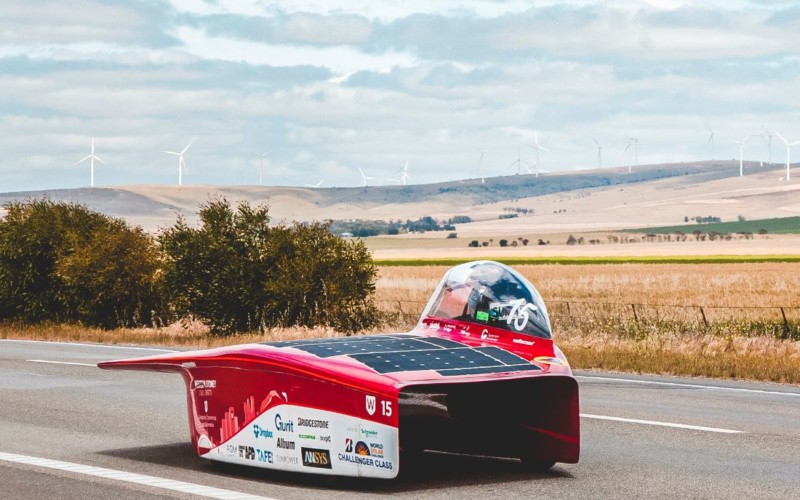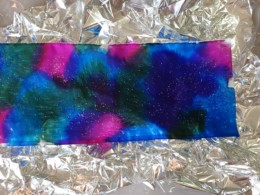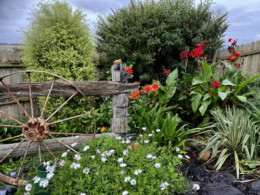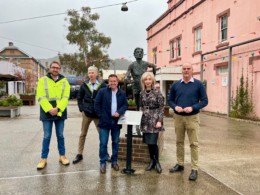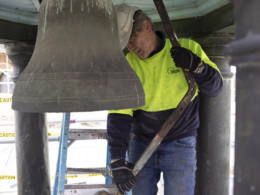Western Sydney University’s acclaimed Solar Car Team travelled to Lithgow as part of a special visit the region on Friday, 20 May.
The student-led team shared their passion for sustainability and innovation when they visited and met with schools and community members.
The team displayed their most successful solar car to date ‘UNLIMITED 2.0’ – a vehicle that took them to first place in the prestigious American Solar Challenge.
The visit follows the University’s recent success in the prestigious Times Higher Education University Impact Rankings, where it was named number one in the world for its social, ecological and economic impact.
Brad Nadalini, Team Manager and Project Officer, said it was a perfect time to visit the region and that the team hoped to spark the community’s interest in sustainability.
“The Solar Car project is about designing and racing cutting-edge solar cars in international competitions. It is also just as much about inspiring the next generation of sustainable thinkers,” said Brad.
“The visit will provide an opportunity for the team to share their learnings with students and the community – we are also looking forward to hearing about sustainability initiatives in the Lithgow region.”
Lithgow High School, Portland Central School, La Salle Academy, Cooerwull Public School and Lithgow Public School, were among the schools that interacted with the Solar Car Team on their visit.
Principal of Lithgow High School, Foty Loupos, welcomed the Solar Car Team’s visit which saw students participate in educational sessions hosted by the team.
“It’s a fantastic opportunity for students to learn about a real-world project that utilises a range of important STEM skills,” said Principal Loupos.
“The students were able to talk to the team and hear more about the study and work they do as part of the Solar Car project, including across engineering, maths, design, mechanics and communication.”
The Solar Car Team also met with representatives from Lithgow City Council to hear about its new EV strategy.
Jonathon Edgecombe, Director of Infrastructure Services at Lithgow City Council, highlighted Council’s ongoing commitment to the adaption of evolving trends in transport sustainability.
“The increased adoption of EV vehicles, supported by our governments, will change how people move about. As a result, there are opportunities for Lithgow to benefit from this transition as a strategic centre, linking the Castlereagh, Great Western and Bells Line arterial routes, alongside the city-bound rail line,” said Mr Edgecombe.
“The Council’s newly developed EV strategy aspires to lead the delivery of public charging infrastructure in the regions to sustain both Lithgow’s future EV fleet and encourage visitors to our town centres. We look forward to this bright, sustainable future.”
Deb Bardon, Manager of the Maldhan Ngurr Ngurra Lithgow Transformation Hub, added that the team’s visit was one of several exciting engagement opportunities planned for this year.
“The Maldhan Ngurr Ngurra Lithgow Transformation Hub is committed to ensuring that Lithgow school students and community members have access to and benefit from the expertise and projects being undertaken by Western Sydney University,” said Ms Bardon.
Western Sydney University’s Solar Car Team is made up of 26 students from the fields of Engineering, Industrial Design, Computer Science and Visual Communications. The students manage every aspect of the production and design of the vehicle, as well as sponsorship, marketing and the administrative elements of their involvement in international competitions.
Producing four cars, over a rich ten-year history, the team placed 6th overall and were the first Australian team to finish the Bridgestone World Solar Challenge in 2017. In 2018, the team became the first international team to win the American Solar Challenge, beating Michigan University’s 18-year winning streak. The team also broke the record in 2019 for the lightest solar-powered vehicle ever to race weighing only 116.8 kilograms.
Supported by the School of Engineering, Design and Built Environment at Western Sydney University, the team utilise world-class facilities at the Advanced Manufacturing Precinct based at Kingswood campus to manufacture their high-tech vehicles.


